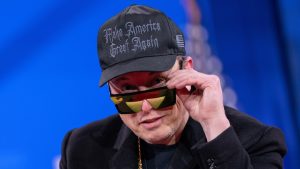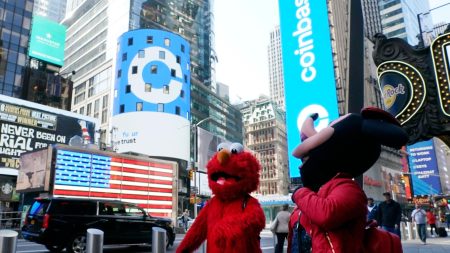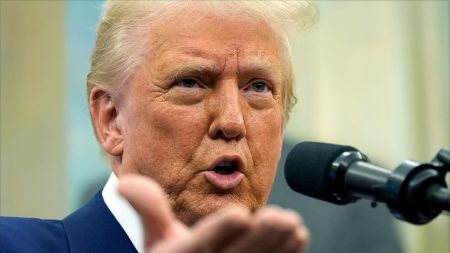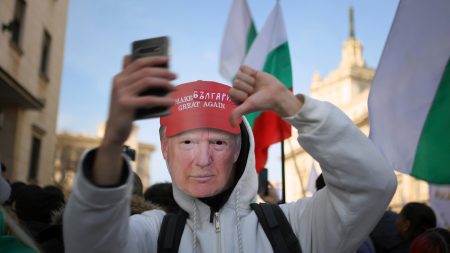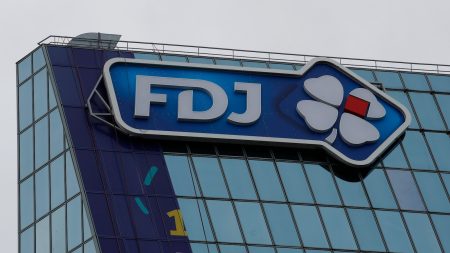Introduction
In recent weeks, Argentine President Javier Milei found himself at the center of a cryptocurrency controversy that has sparked legal and public scrutiny. His promotion of a cryptocurrency named $LIBRA on social media led to significant financial repercussions for investors, prompting lawyers to file fraud charges against him. This situation underscores the risks and complexities associated with cryptocurrencies and the influence public figures can wield in such markets.
The Promotion and Collapse
President Milei initially posted about $LIBRA on his social media, highlighting its potential to boost economic growth by supporting small businesses and startups. However, he swiftly deleted the post, which coincided with a sharp decline in the cryptocurrency’s value. Investors suffered substantial losses, drawing attention from financial platforms and raising questions about the President’s involvement and judgment in promoting the unestablished currency.
Legal Action
A group of lawyers, including Jonatan Baldiviezo and economist Claudio Lozano, filed fraud charges against Milei, alleging his actions constituted an "illicit association" aimed at committing fraud. They pointed to the concept of a "rug pull," where developers attract investors with promising tokens only to abandon the project, rendering the tokens worthless. This legal challenge suggests Milei’s promotion may have misled investors, exacerbating the financial fallout.
The President’s Defense
Milei and his administration responded by distancing themselves from the project, asserting he was unaware of its details and removed the post to avoid further speculation. The President’s Office emphasized that he routinely supports entrepreneurial projects to foster economic growth. Additionally, Milei accused political opponents of exploiting the situation, shifting blame and highlighting the political dimensions of the controversy.
The "Rug Pull" Controversy
The lawyers’ "rug pull" accusation highlights a unethical practice in cryptocurrency where false promises are made to attract investments, which are then abruptly withdrawn. This case illustrates the vulnerabilities investors face in a largely unregulated market and raises questions about the responsibility of public figures in endorsing such projects.
Conclusion
The fallout from President Milei’s promotion of $LIBRA serves as a cautionary tale about the intersection of politics, social media, and cryptocurrency. As investigations unfold, the incident may set precedents for how public figures engage with unregulated financial instruments. The situation emphasizes the need for transparency and accountability to protect investors and maintain trust in such markets.


